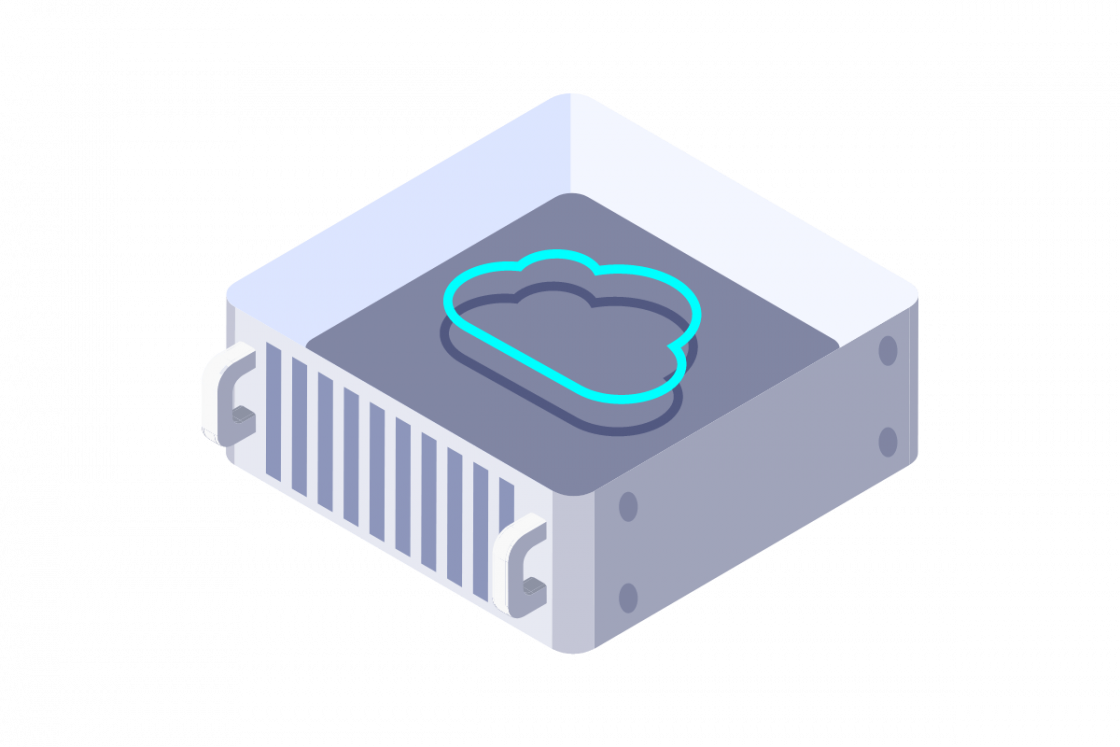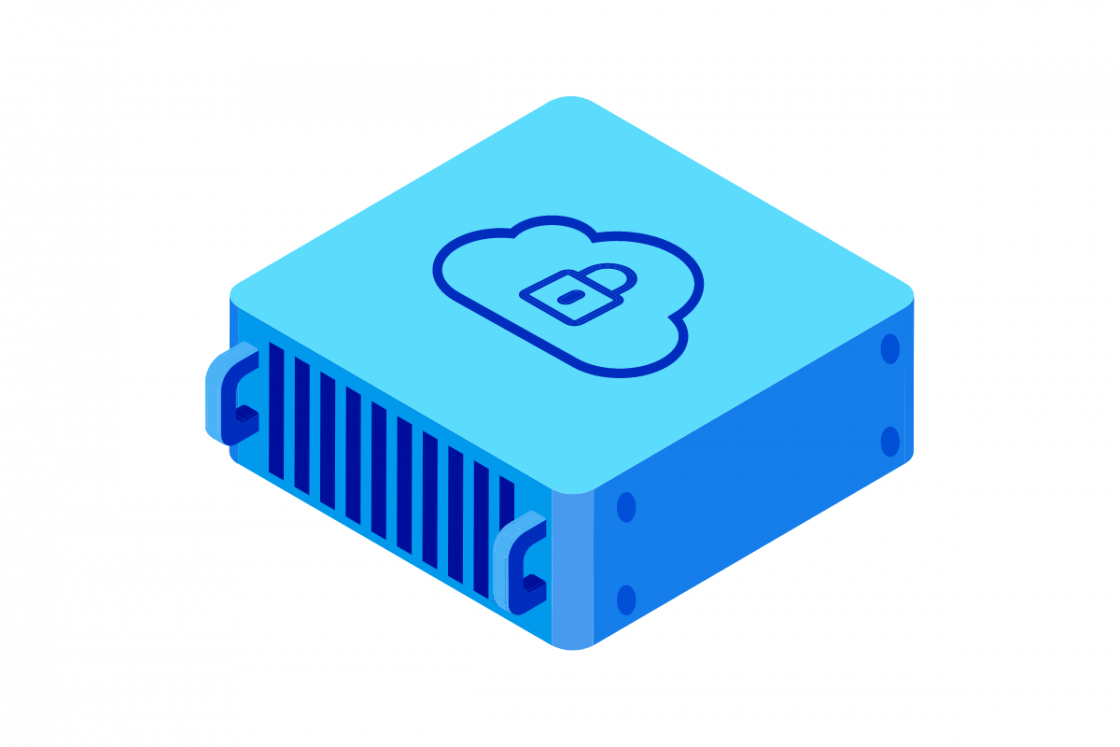What is IPMI?
Definition of Intelligent Platform Management Interface (IPMI)
The Intelligent Platform Management Interface (IPMI) is a hardware-based management standard enabling remote system monitoring and control, even when the OS is down or the machine is off. It acts as a dedicated built-in management channel.IPMI allows administrators to perform tasks like:

- Monitoring system health: Keeping tabs on temperature, fan speeds, and voltage.
- Power control: Remotely powering on, off, and resetting systems.
- System event logging: Recording hardware events, like power outages or component failures.
- Alerting: Receiving notifications about critical system events.
This is all made possible by a dedicated microcontroller on the motherboard, the Baseboard Management Controller (BMC). The BMC acts as an independent watchdog, continuously monitoring the system and providing links even when the central processor is offline.
IPMI is a critical tool for managing servers and ensuring their reliability, particularly in unattended environments. It provides a standardised way to interact with hardware, making it easier to diagnose problems, recover from failures, and perform maintenance tasks.
Key Features of IPMI
IPMI offers robust features that make it indispensable for system administrators. It operates independently of the host system's operating system and central processor, meaning it remains functional even when the machine is powered off or the OS has crashed. This provides continuous server monitoring and access, ensuring you are always in control.
With IPMI, remote management becomes a breeze. Administrators can monitor and control machines from any location with connectivity, essential for managing systems in data centres or remote offices. This link extends to a comprehensive health monitoring system. IPMI provides real-time insights into critical system parameters, including:
- Temperature sensors for various components like CPUs and GPUs
- Voltage readings for different power rails
- Fan speeds to ensure proper cooling
- System energy consumption
Beyond monitoring, IPMI grants extensive control. Administrators can remotely switch servers on and off, perform graceful shutdowns or hard resets, and even cycle power to recover from unresponsive states. This level of control is invaluable for maintaining uptime and responsiveness.
To keep administrators informed, IPMI excels at event logging and alerting. It maintains detailed logs of system events, from hardware changes and power events to critical errors.
More importantly, it can send alerts via email, SNMP traps, or other notifications when critical events occur, allowing for proactive intervention and minimising downtime.
IPMI also provides valuable distance access capabilities:
- Serial over LAN (SOL): Enables access to the server's serial console, useful for troubleshooting and configuring the system when the OS is inaccessible.
- KVM over IP: (In some implementations) Allows administrators to interact with the server's graphical console remotely as if they were physically present.
Finally, IPMI prioritises security. It incorporates robust security features to prevent unauthorised access, including user authentication and authorisation, encryption of communication channels, and secure password management. This ensures that your server management infrastructure remains protected.
These key features collectively make IPMI a powerful and versatile solution for managing server hardware, ensuring system stability, and facilitating secure and efficient remote administration.
Benefits of Using IPMI
Implementing IPMI offers many advantages for managing your IT infrastructure. First and foremost, it increases availability and reduces downtime.
By offering continuous monitoring and offsite access, IPMI allows administrators to quickly identify and resolve issues, often before they escalate into critical failures. This proactive approach minimises downtime and ensures business continuity.
IPMI also significantly improves private cloud efficiency. Remote management capabilities eliminate the need for physical presence at the location, saving time and resources. Administrators can perform tasks like power cycling, BIOS updates, and system diagnostics from anywhere with network access, streamlining maintenance and troubleshooting processes.
Another key benefit is enhanced security. IPMI incorporates strong security measures to protect against unauthorised access. Features like user authentication, encryption, and secure password management help safeguard critical resources and sensitive data.
Furthermore, IPMI contributes to better resource utilisation. Providing detailed system health information allows administrators to optimise resource allocation and proactively address potential bottlenecks, improving performance and efficient use of hardware resources.
IPMI-Compatible Systems
IPMI is a widely adopted standard, and you'll find it implemented in a broad range of computer systems, especially those designed for dedicated server environments. Here's a breakdown of where you're most likely to encounter IPMI:
- Servers: This is IPMI's primary domain. All modern servers from major manufacturers like Dell, HPE, Lenovo, and Supermicro include IPMI functionality. It's typically integrated directly onto the motherboard as a Baseboard Management Controller (BMC).
- Network Devices: Many networking devices, such as routers, switches, and firewalls, also incorporate IPMI for remote management and monitoring. This is particularly crucial for devices deployed in remote locations or critical network infrastructure.
- Embedded Systems: IPMI can be found in various embedded systems, especially those requiring remote management or operating in harsh environments. Examples include industrial PCs, telecommunications equipment, and even high-end consumer devices.
- Motherboards: While IPMI is less common in consumer-grade motherboards, some higher-end models aimed at enthusiasts or small businesses may include it. This allows for advanced screening and control, even in a desktop PC environment.
- Cloud Servers: Most cloud providers offer IPMI to their dedicated servers and even some virtual machines. This allows users to manage their cloud-based infrastructure with the same level of control as on-premises hardware.
- Open-Source Implementations: IPMI is an open standard, and open-source implementations, such as Open IPMI, are available. This allows for greater flexibility and customisation when integrating IPMI into various systems.
It's important to note that while IPMI is a standard, the specific features and implementation can vary between vendors and devices. Always consult the documentation for your particular hardware to understand its IPMI capabilities and configuration options.
Accessing and Using IPMI
Accessing and using IPMI generally involves a few key steps. First, you'll need to ensure the network is appropriately configured. Most IPMI implementations use a dedicated network interface on the server, often separate from the primary network connection.
This interface typically needs a static IP address or a DHCP configuration within your network. You can configure these IPMI network settings through your server's documentation or BIOS settings. This dedicated IP address is essential for remotely accessing the IPMI interface.
Once the network is set up, you can link the IPMI interface through various methods. Many IPMI implementations offer a convenient web interface that is accessible through your web browser. Enter the IPMI IP address in your browser's address bar to reach the login page. Alternatively, you can use a command-line interface (CLI) with tools like ipmitool.
This allows for scripting and automation of IPMI tasks. You can also use Serial over LAN (SOL), often accessed through terminal emulation software, to access the server's serial console directly. If your system supports it, KVM over IP provides offsite links to the graphical console, allowing you to interact with the server as if you were physically present.
Securing Your IPMI Environment
Securing your IPMI environment is paramount to protecting your infrastructure from unauthorised access and potential threats. Start by changing default passwords immediately and choosing strong, unique passwords for IPMI user accounts.
Implement robust authentication mechanisms, such as two-factor authentication where available, to add an extra layer of security. Restrict access to the IPMI interface by configuring your firewall to allow connections only from trusted management stations.
Update the IPMI firmware regularly to patch known vulnerabilities and ensure you run the latest security enhancements. Disable unnecessary IPMI facilities that aren't essential for your management needs to reduce the attack surface. Finally, IPMI event logs should be monitored closely to detect suspicious activity and proactively address potential security breaches.
OVHcloud and Intelligent Platform Management Interface
OVHcloud understands the importance of robust server management. Therefore, it incorporates IPMI as a core component of its dedicated server offerings. With IPMI, you gain comprehensive management over your OVHcloud servers, enabling remote management, monitoring, and troubleshooting capabilities essential for maintaining optimal performance and uptime.


